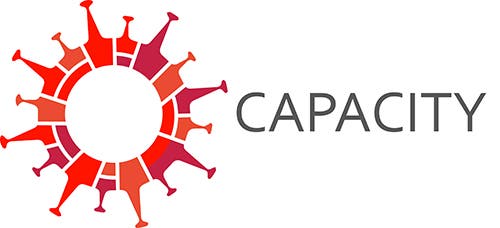Circulatory Health nieuws
Severe heart failure increases mortality risk in COVID-19 patients
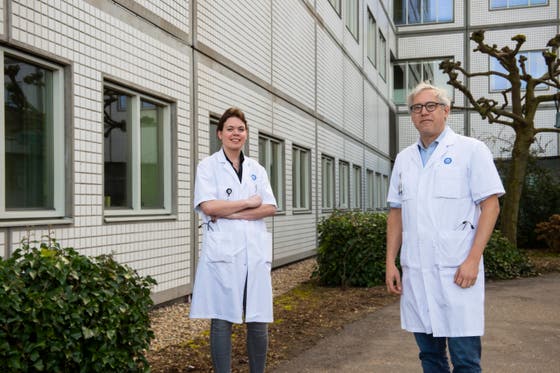
Of COVID-19 patients with heart disease who are admitted to the hospital, patients with severe heart failure are found to have the highest mortality rate. COVID-19 patients with other heart conditions, including a previous myocardial infarction, appear to have a lower mortality rate. Researchers, brought together by the Dutch CardioVascular Alliance (DCVA), published this today online at medRxiv.org. The Dutch Heart Foundation funded this research.
Read moreMutations in gene Tmem161b as cause for cardiac arrhythmias
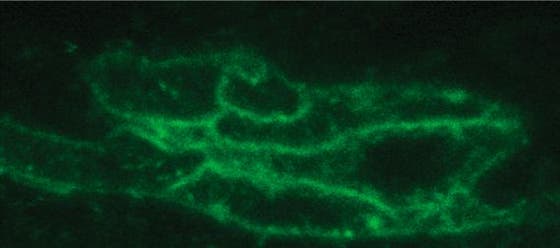
Researchers from the groups of Jeroen Bakkers (Hubrecht Institute/UMC Utrecht), Teun de Boer (UMC Utrecht) and Kelly Smith (University of Melbourne) discovered that a still very unknown gene called Tmem161b plays an important role in the regulation of the heart rhythm. Mutations in this gene disrupt the electrical impulses that run through the heart – so-called action potentials – in zebrafish and mice. The shape and frequency of these action potentials determine the heart rhythm. The researchers hope that, in the long-term, their findings can contribute to better diagnosis and treatment of cardiac arrythmias in humans. The study was published in the prestigious scientific journal PNAS on the 15th of February.
Read moreResearchers discover protein that triggers muscle regeneration
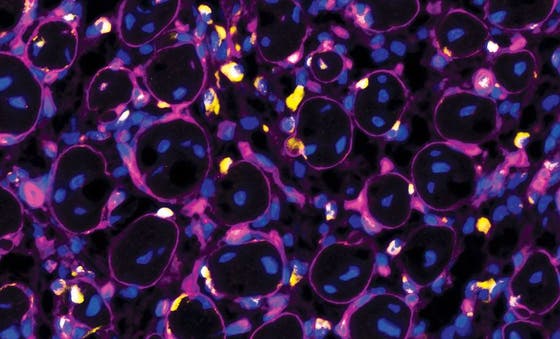
Researchers from the groups of Jeroen Bakkers (Hubrecht Institute/UMC Utrecht) and Peter Currie (Monash University, Australia) discovered a factor that triggers muscle stem cells to proliferate and heal. In a mouse model of severe muscle damage, introduction of this naturally occurring protein led to the complete regeneration of muscle and the return of normal movement after severe muscle trauma. The discovery may lead to faster recovery from muscle injury and wasting diseases. The study was published in Nature on the 10th of February.
Read moreTreating artery stenosis with sound waves
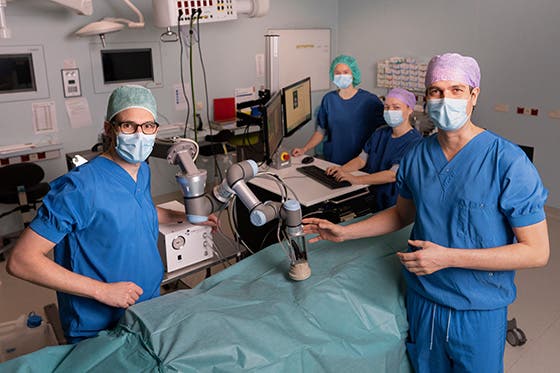
By aiming high-frequency sound waves at a narrowing – a plaque – in the artery, it is broken down layer by layer. That is the theory behind the Hifu treatment (High Intensity Focused Ultrasound). This method has recently been successfully tested in patients with carotid stenosis in the groin. This non-invasive operation can be an alternative to patients in the long term to surgery or stent placement.
Read moreIn search of a therapy for chronic heart failure
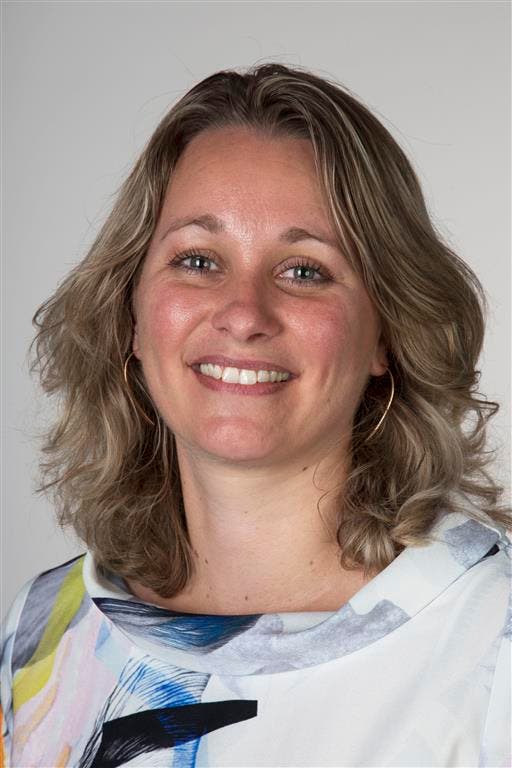
Few treatment options are available to patients with chronic heart failure after a myocardial infarction. Saskia de Jager, associate professor of Experimental Cardiology at the UMC Utrecht, is investigating the role of inflammation in these patients and potential drugs. “For many of these patients, there are no curative treatment options. We need to work towards tailored therapies.”
Read moreGenes discovered that play a role in aneurysm
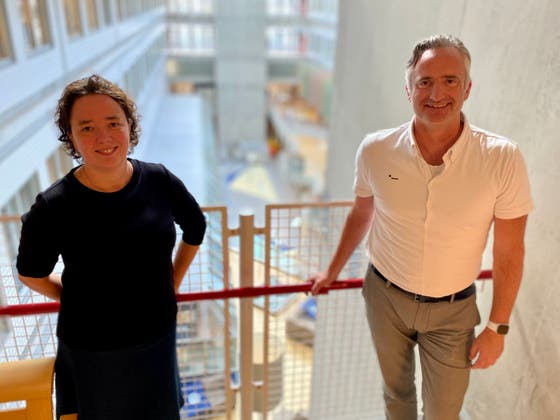
Researchers find 17 areas on the DNA that contribute to an aneurysm in the head.
Read moreStart of national study into congenital heart disease

About one in every hundred babies is born with congenital heart disease, of which many develop cardiovascular problems at a later age. Therefore, a large national study into congenital heart disease is launched. The goal of this project is to enable more people with ‘construction errors’ in the heart to grow old healthy. The project – worth three million euros in total – is financed by the Dutch Heart Foundation and Stichting Hartekind. Jeroen Bakkers, professor of Molecular Cardiogenetics at the UMC Utrecht and group leader at the Hubrecht Institute, is one of the leaders of the project.
Read more

